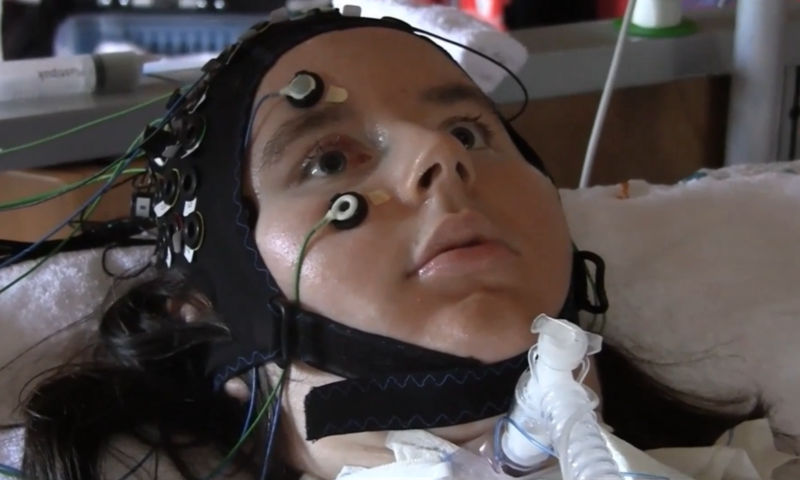
Enlarge / A female study participant allegedly responds to a question. (credit: Wyss Center )
Germany’s main research-funding organization, DFG, has determined that a high-profile neuroscientist committed scientific misconduct in his DFG-funded work. That work concluded it is possible to interpret yes-or-no answers from the brain waves of fully paralyzed patients with “locked-in syndrome” due to amyotrophic lateral sclerosis (ALS, aka Lou Gehrig’s disease).
The 2013-2014 work was published in 2017 in PLOS Biology and covered by Ars. The researchers subsequently published a response to criticism of the work in 2019 in PLOS Biology, which was also included in the DFG’s misconduct investigation.
In a statement, the DFG said that it determined that German neuroscientist Niels Birbaumer, the coordinating researcher on the work, and first-author Ujwal Chaudhary, a member of Birbaumer’s team, included incorrect information in three cases, did not completely record patient examinations by video as they reported, and failed to provide full data on patients.
No comments:
Post a Comment